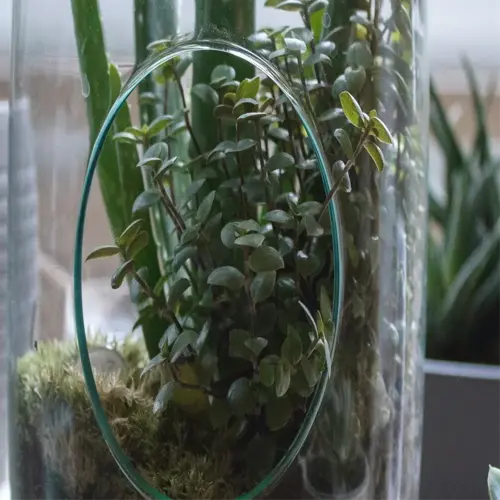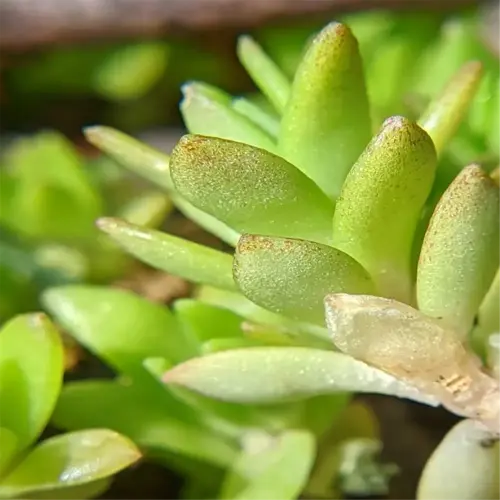Is neutral pH ideal for all plants?

Written by
Kiana Okafor
Reviewed by
Prof. Martin Thorne, Ph.D.Soil pH testing helps to understand why acid-loving plants such as blueberries do not do well in neutral soils, while alkaline-tolerant crops like asparagus can thrive. Your well-manicured lettuce may thrive at a pH of 6.5 but rhododendrons need somewhere between 4.5-5.5. When I have revitalized gardens, I have matched the pH to the genetics of the plant, and without this consideration, even fertilizer will not help.
Acid-Loving Plants
- Blueberries: 4.0-5.5 pH (optimal iron uptake)
- Rhododendrons: 4.5-6.0 pH (prevents leaf chlorosis)
- Potatoes: 5.0-6.0 pH (reduces scab disease risk)
Alkaline-Preferring Crops
- Asparagus: 7.0-8.0 pH (enhances calcium absorption)
- Lavender: 6.7-7.3 pH (prevents root rot)
- Spinach: 6.5-7.5 pH (maximizes nitrogen availability)
Soils in a region inform strategy - "limestone bedrock" areas are perpetually challenged by high alkaline conditions - I recommend adding peat moss throughout the year to clients' rose gardens. Volcanic soils, it turns out, tend to be acidic pH - a vineyard client has started incorporating wood ash into their grapevine rows to maintain a pH of 5.8 for maximum tannins.
When adjusting pH levels, safety is a priority. I learned the value of wearing gloves while using aluminum sulfate through experience, and I always wear a mask while applying lime dust. When I prepare kits to use, I include litmus strips, water with the pH adjusted beforehand, and possibly a chart of amendments. Finally, please don't let your skin pay the price for correcting the soil amendments.
Read the full article: Soil pH Testing: 7 Essential Steps for Accurate Results

